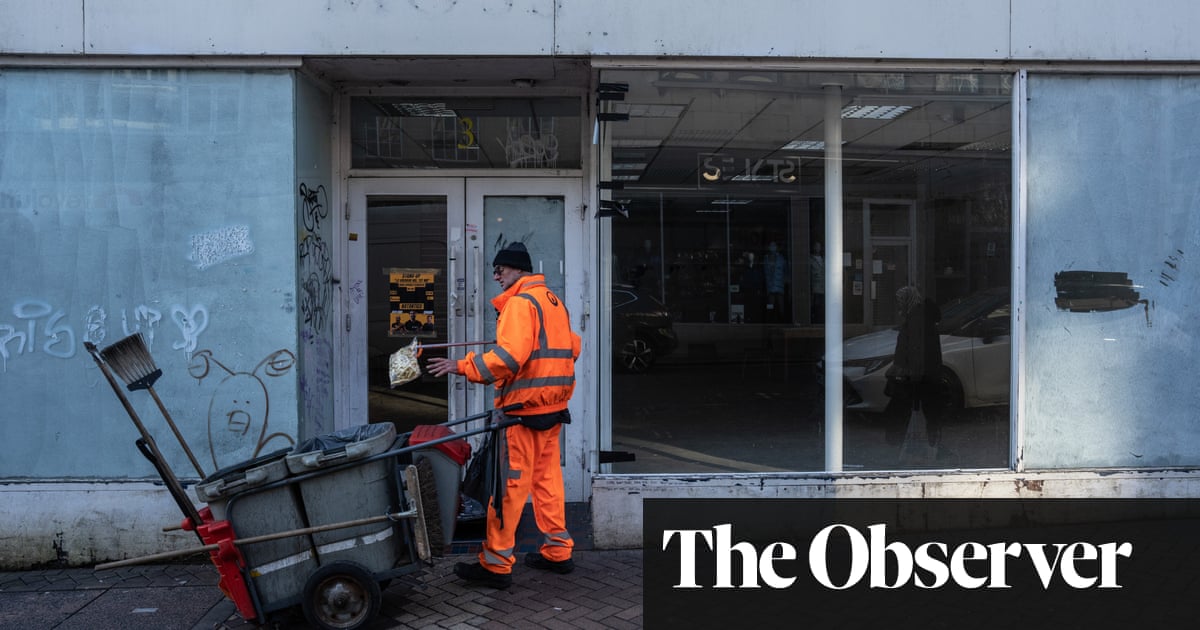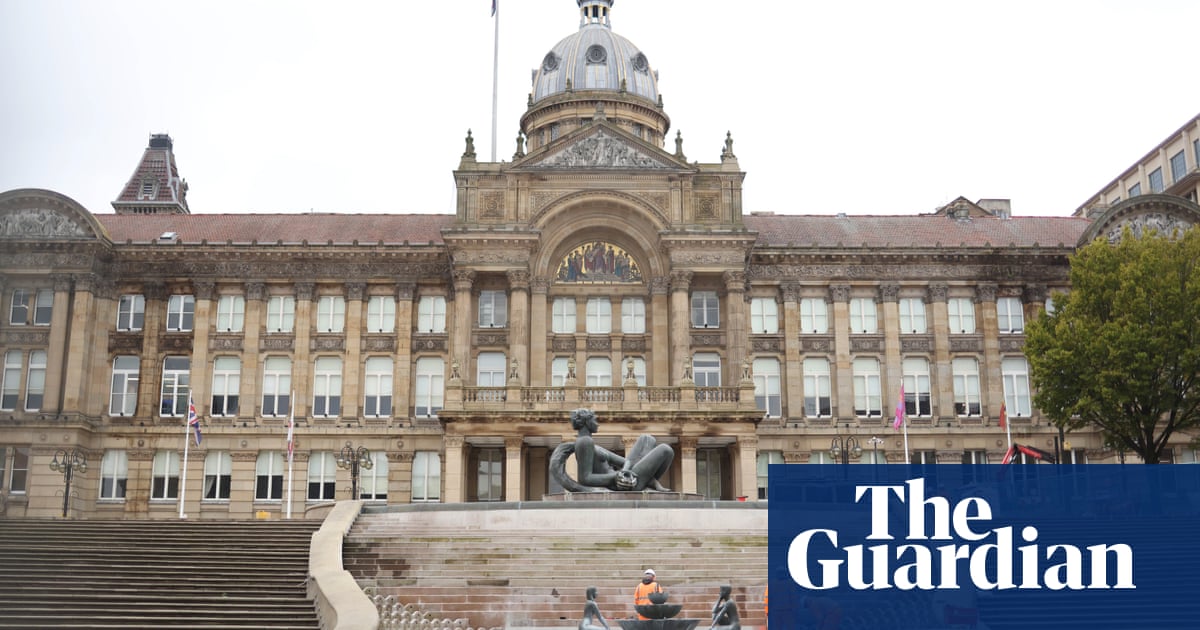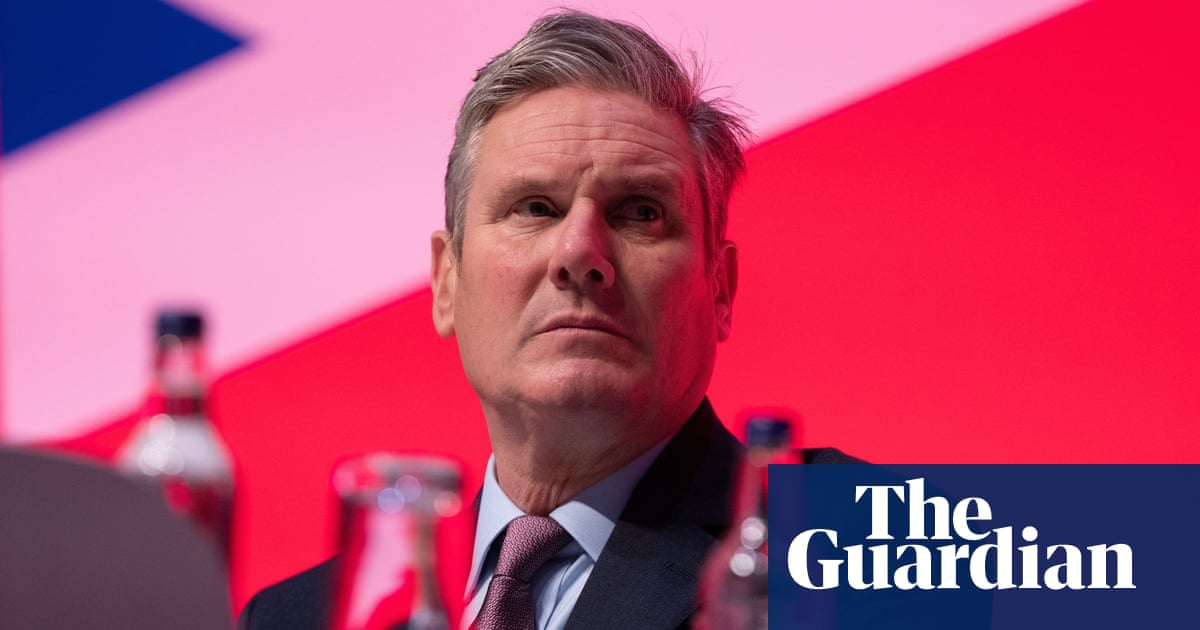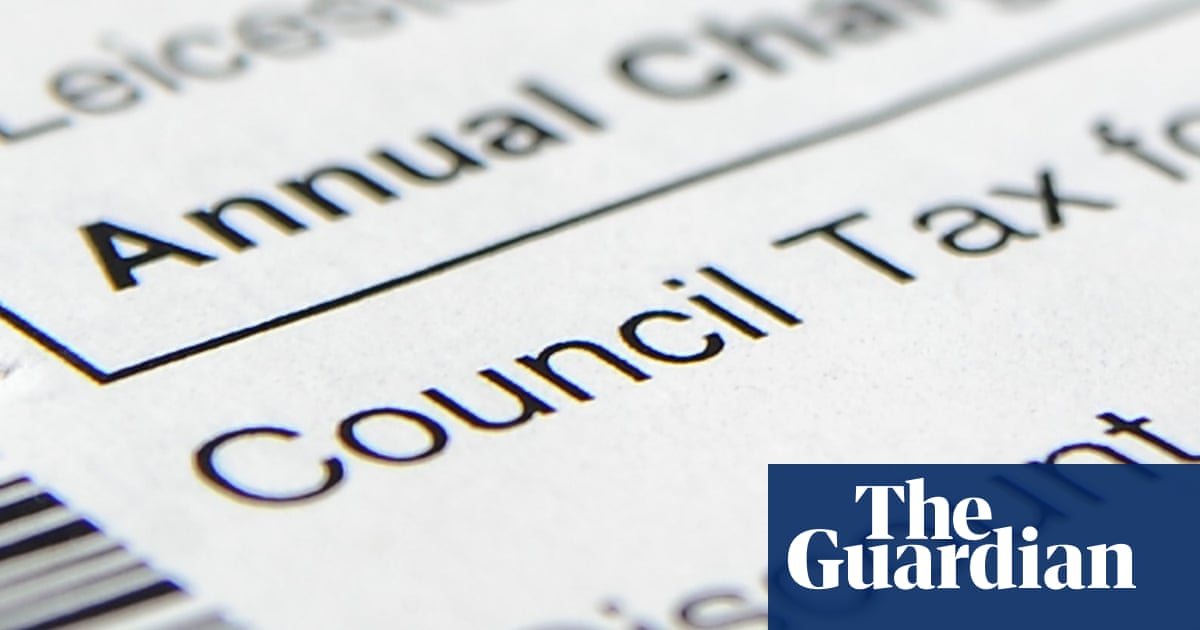
Parish and town councils will spend almost £800m in the next financial year after increasing their average council tax surcharge by 8.5%, according to official figures that illustrate how a new tier of local government in England has emerged to carry out basic duties abandoned by cash-strapped local authorities.
From street cleaning to managing public toilets, the 8,866 parish and town councils are “the unsung heroes” filling in the gaps opened up by central government funding cuts, the National Association of Local Councils (NALC) said.
Mayors and police and crime commissioners are also increasing their “precept” charges by more than a cap that prevents local authorities from raising council tax rates by more than 5%.
Data from the Department for Levelling Up, Housing and Communities (DLUHC) shows the increase in parish and town council funds will swell their spending from £708m in 2023-24 to £783m in 2024-25.
Council tax bills have already been sent to households giving a breakdown of the charges made by the bodies that provide services in their area.
The average council tax bill for a band D home for 2024-25 will be £2,171, an increase of £106 a year or 5.1% on the 2023-24 figure of £2,065.
A breakdown of bills between London authorities, metropolitan areas, unitary authorities and shire areas shows additional bills levied by parish and town councils, mayors and police and crime commissioners have raised overall bills above the 5% cap.
Town and parish councils cover 91% of England’s land mass and about 35% of the population. Previously known for managing allotments, coordinating neighbourhood watch schemes and giving support to local groups, they have expanded in recent years to take on planning duties and managing local facilities.
Councillor Keith Stevens, chair of the NALC, said: “England’s parish and town councils are the unsung heroes of local government, stepping up to play a more active role in improving their communities, and increasingly taking on more responsibilities from financially challenged larger local authorities. While their small share of council tax is just 1.9% of overall council tax, they are investing five times more in local communities than they were two and half decades ago, helping tackle some of the biggest challenges our communities face – from health to housing, the climate and cost of living crisis, and supporting younger and older people.”
However, Stevens said the funding situation was “not sustainable”. He said there was a limit to how much parish and town councils could “keep increasing their precept to provide much needed additional investment in communities and take on an ever-increasing range of local public services”.
Labour said local authority funding would need to be kept on a tight rein should it win the next election. Jim McMahon, shadow minister for English devolution and local government, said successive Conservative administrations had “taken a sledgehammer to all layers of local government”.
He added: “Labour is under no illusions about the scale of the problems we’d inherit if we win the election when it comes to the crisis in local government. There is no magic wand but a long hard slog to work with councils to rebuild from the ground up to deliver the services taxpayers need and deserve.”
A DLUHC spokesperson said in response to concerns that parish and town councils were taking on essential services that the department “didn’t recognise these claims”.
They said: “Councils have the final say on whether to take on these additional services,” adding: “All councils are ultimately responsible for deciding council tax levels and we’ve been clear that they should keep in mind the pressures on households when setting these levels.”












